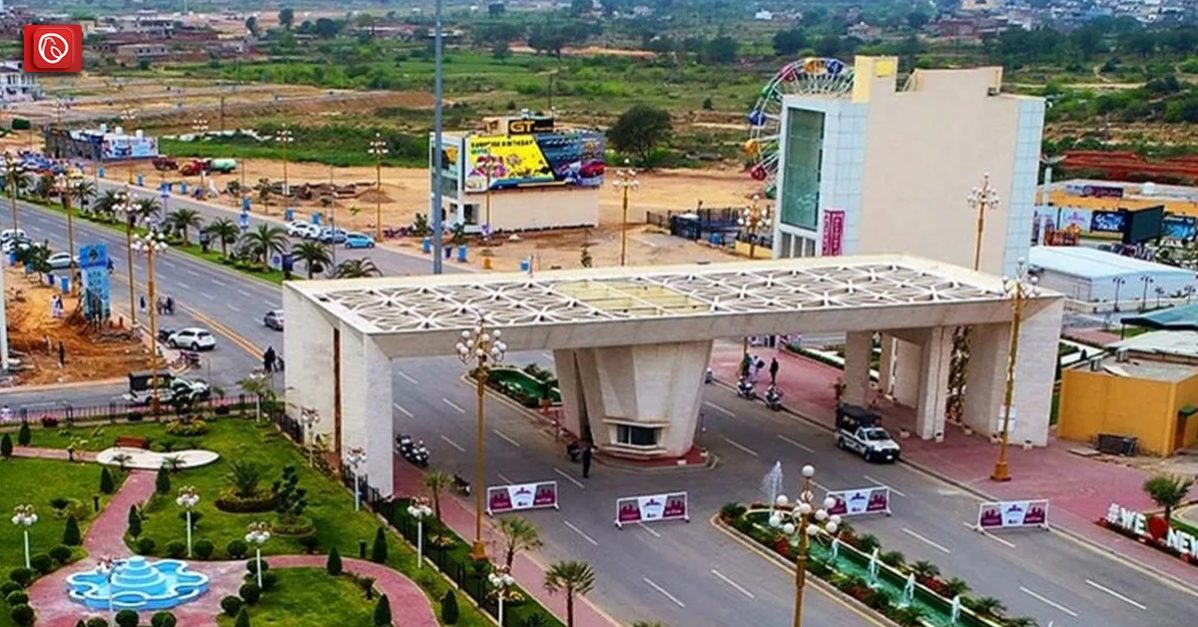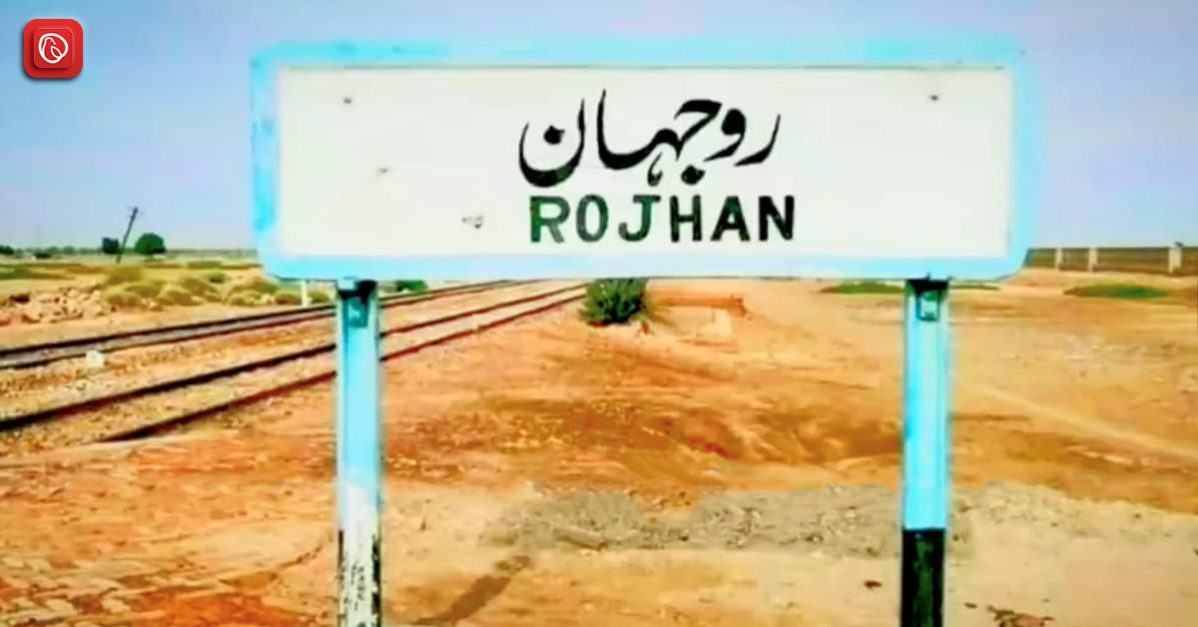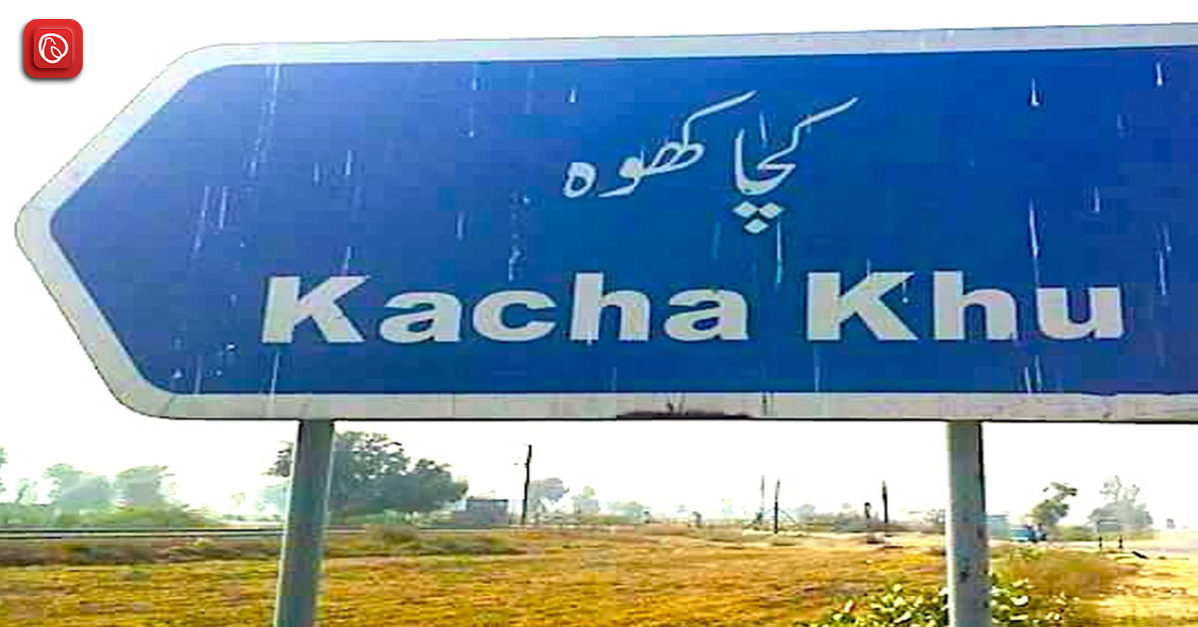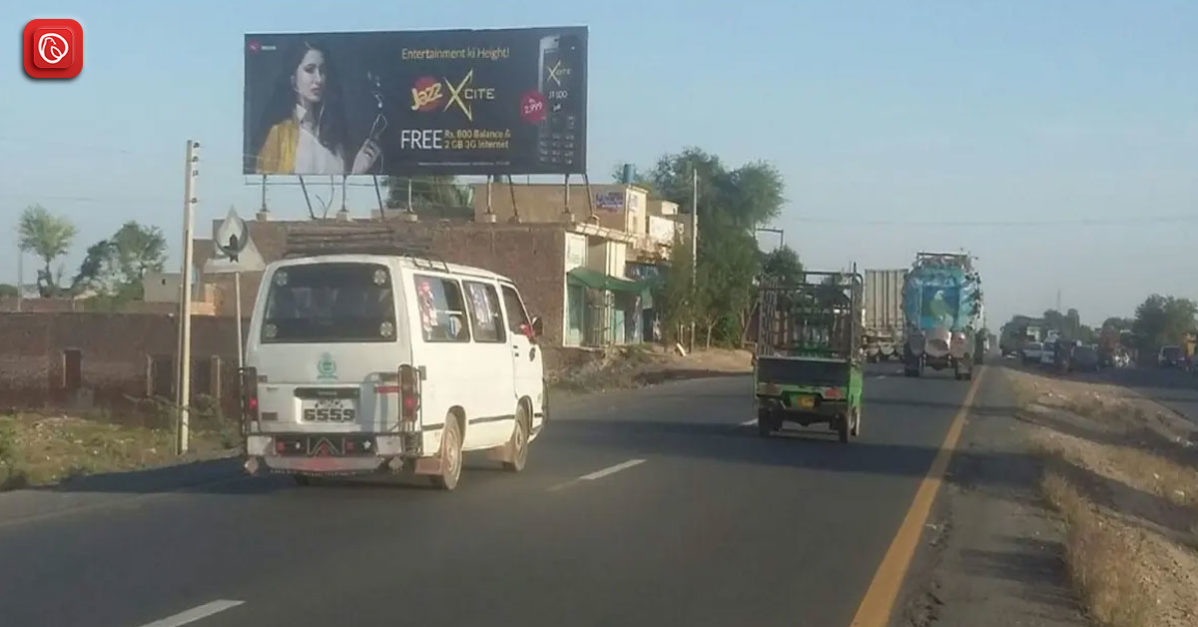Situated in Rawalpindi District, Gujar Khan is the headquarters of Gujar Khan Tehsil, the largest tehsil of Punjab by land area. It is approximately 57 km (35 mi) southeast of Islamabad, the capital of Pakistan, and 220 km (140 mi) to the northwest of Lahore, the capital of Punjab. It is bordered by Rawalpindi, Islamabad, and Attock at the north, Jhelum, Lahore, and Gujrat at the south, Azad Kashmir and Kahuta at the east, and Chakwal and Khushab at the west.
Graana.com provides a detailed overview of the Gujar Khan below, including its location, history, and more.
History
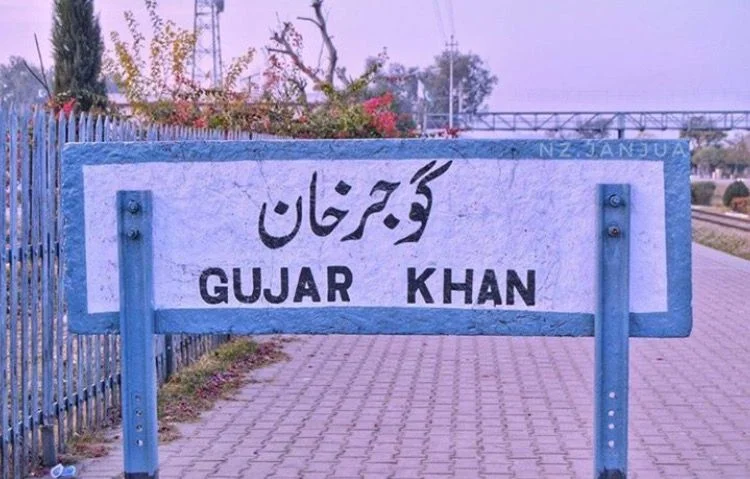
Situated in the heart of the Potohar region, the city and its surrounding area are renowned for their martial culture and are sometimes referred to as the ‘Land of the Shaheeds’ as two recipients of the Nishan-i-Haider, the highest military decoration in Pakistan hailed from this area.
The city derives its name from the Gujars, who were the rulers of the Gurjara-Pratihara Kingdom during the late classical period. The region witnessed various rulers, including Sultan Mahmud Ghaznavi, the Delhi Sultanate, and the Mughal Empire. The Punjab region predominantly became Muslim due to the influence of Sufi saints.
During the decline of the Mughal Empire, the Sikh Empire invaded and occupied Rawalpindi District, imposing restrictions on Muslims. However, the Sikh Empire eventually collapsed, and the British ruled the region until 1947.
In 1945, Maulana Amanat Ali became the president of the Pakistan Muslim League Gujar Khan and hosted a gathering with Quaid-e-Azam Muhammad Ali Jinnah and his sister Fatima Jinnah in Gujar Khan in 1946. The city previously had a notable Hindu and Sikh population, but many converted to Islam during British rule or migrated to India after partition. However, the area still contains Hindu temples and Sikh Gurdwaras, which have been maintained by the residents.
Location
Gujar Khan Tehsil encompasses an area of 567 square miles and shares its border with the Jhelum River to the east, which separates it from the Kashmir territory. Situated on the Grand Trunk Road (GT Road), Gujar Khan connects Rawalpindi to Lahore. Railway Road links the city’s east to nearby towns such as Bewal and Islampura. Additionally, there are several minor roads that connect the villages and towns of the region to the city.
Tehsils in Gujar Khan
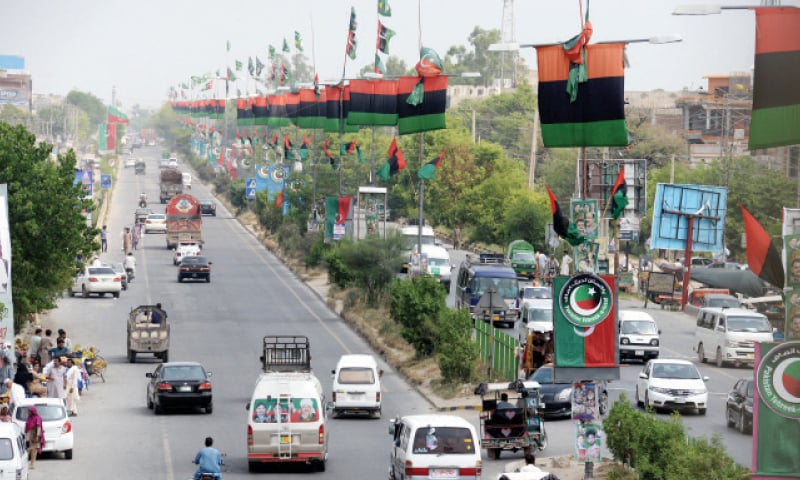
Gujar Khan Tehsil is one of the seven Tehsils (sub-divisions) of Rawalpindi District. It is further divided into 36 Union Councils, and the city itself is administered by the Municipal Committee.
Economy
The region boasts significant natural resources, including large reserves of oil and gas that were discovered in February 2002 at Tobra, approximately ten kilometres from Gujar Khan. The Oil and Gas Development Company is currently developing the field, which has the potential to produce 1,600 barrels of crude oil daily.
Before 1960, the economy of the region relied heavily on agriculture. However, due to small land holdings and economic conditions, people began exploring alternative opportunities. Starting from the early 1960s, many inhabitants migrated to European countries such as the United Kingdom, Greece, Holland, Denmark, Norway, and the Middle East in the 70s, and later to the USA, Spain, and Italy from the 90s onward.
This led to improved economic conditions for the majority of the population, resulting in better living conditions in the villages.
Landmarks in Gujar Khan
The following is a list of notable landmarks located in the city:
Rohtas Fort
Rohtas Fort, a UNESCO World Heritage Site, stands as a testament to the architectural brilliance of the 16th century. Constructed by Sher Shah Suri, this massive fort is surrounded by towering walls and fortified towers. The grandeur of Rohtas Fort leaves visitors in awe as they wander through its ancient halls and courtyards, unravelling stories of bygone eras.
Choa Saidan Shah
Choa Saidan Shah is home to a revered Sufi shrine, believed to be the final resting place of Saidan Shah, a 12th-century Sufi saint. The shrine serves as a spiritual sanctuary and attracts Muslim pilgrims from across Pakistan.
Gujar Khan Museum
This museum houses a collection of artefacts that chronicle the region’s rich past, including remnants from the ancient Indus Valley Civilisation. Visitors can marvel at archaeological treasures, intricate jewellery, weaponry, and relics from the Mughal, Sikh, and British periods.
Katas Raj Temples
Dating back to the 9th century, the intricately-designed Katas Raj Temples pay homage to Lord Shiva. Pilgrims from all corners of Pakistan visit this spiritual sanctuary, immersing themselves in the divine aura and timeless beauty of the temples and surrounding landscape.
Gujar Khan Hills
For nature enthusiasts and adventure seekers, the Gujar Khan Hills offer a picturesque escape from urban life. These rolling hills present panoramic vistas of the idyllic countryside. Hikers, trekkers, and campers can indulge in the serenity of the natural surroundings.
Notable Figures
The following is the list of notable people from the city:
Chaudhry Muhammad Ali
He was the fourth Prime Minister of Pakistan, serving from 1955 to 1956, and played a significant role in the early years of Pakistan’s political history.
Sardar Abdul Rab Nishtar
A prominent political figure and one of the founding members of the All India Muslim League, Nishtar served as the Governor of Punjab and played a vital role in the Pakistan Movement. He was born in Ghakhar Mandi, near Gujar Khan.
Nazir Ahmed Vaid
A renowned Pakistani poet, writer, and critic. He was born in Gujar Khan and gained recognition for his literary contributions to the Urdu language.
Major Aziz Bhatti Shaheed
A national hero and recipient of Pakistan’s highest military award, Nishan-e-Haider. Major Aziz Bhatti, renowned for his bravery and valour, gave up his life during the 1965 Indo-Pak war and is honoured for his sacrifice.
Zahoor Ahmed Khan
A prominent politician and former Member of the National Assembly of Pakistan. He hails from Gujar Khan and has served in various political capacities.
Bashir Ahmed Bilour
He was a senior member of the Awami National Party (ANP) and served as a minister in the provincial government.
Chaudhry Shujaat Hussain
A Pakistani politician and the former Prime Minister of Pakistan, Shujaat Hussain was the leader of the Pakistan Muslim League (Q).
Malik Meraj Khalid
A politician who served as the Acting President of Pakistan in 1993, Khalid had a notable political career, including serving as the Speaker of the National Assembly.
Abdul Qayyum Khan
He served as the Chief Minister of Punjab and played a significant role in the development of Gujar Khan.
Major General Iftikhar Janjua
A highly decorated army officer who served in the Pakistan Army.
Conclusion
Gujar Khan is a hidden gem that offers a captivating blend of history, natural beauty, and warm hospitality. With its rich cultural heritage and historical landmarks, this city has much to offer.
FAQs
Q: What is the best time to visit Gujar Khan?
A: The best time to visit is during the spring season (March to May) when the weather is pleasant.
Q: Are there any accommodations available in Gujar Khan?
A: Yes, it offers a range of accommodations, including guesthouses and hotels, catering to different budgets and preferences.
Q: Can I hire a local guide to explore Gujar Khan’s historical sites?
A: Yes, you can hire a local guide to make the most of your visit. They can provide valuable insights and ensure a more enriching experience.
Q: Is it safe to travel to Gujar Khan?
A: It is a safe destination for travellers. However, it is always advisable to take necessary precautions and follow local guidelines for a hassle-free trip.
Q: What is the predominant language spoken in Gujar Khan?
A: Many residents understand and speak Punjabi, the most widely spoken language in the city, although Urdu and Pothohari are also spoken.
Q: Are there any shopping opportunities in Gujar Khan?
A: There are many local markets and bazaars where you can shop for traditional handicrafts, textiles, and other locally made products.
Follow Graana.com for more information.
